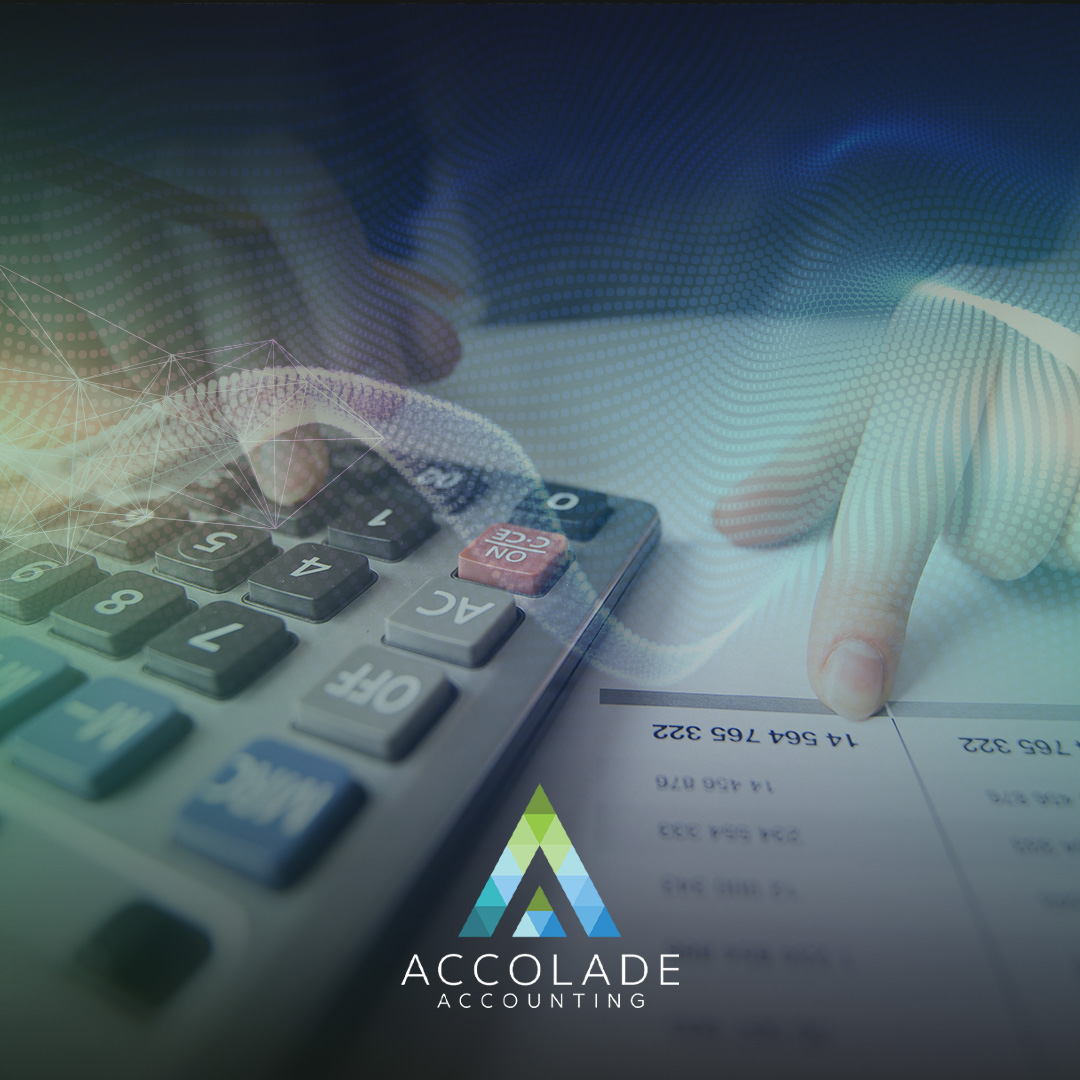Accounting, as we all know, is a complex and time-intensive facet of business operations. The consequences of accounting errors can ripple through a company, resulting in compliance challenges and decisions that may impact a business for years.
Manual accounting presents a myriad of challenges. Despite their expertise, humans are not immune to errors and, unfortunately, even fraudulent activities.
At its core, accounting involves the meticulous documentation and analysis of financial transactions within a company. Accounting becomes a powerful tool when executed flawlessly, offering invaluable insights into historical and current performance. These insights empower businesses to make well-informed, strategic decisions.
This blog will explore the accounting world and how it intersects with Artificial Intelligence (AI). We’ll examine how it can revolutionize these processes, particularly for small businesses, making them more accessible and efficient.
Artificial Intelligence is a technology capable of performing various tasks, including learning and problem-solving, that usually require human intelligence. AI systems continuously process massive amounts of data to understand patterns and improve decision-making. These systems are designed to process and analyze large volumes of data to identify patterns, trends, and correlations that humans may be unable to recognize quickly. These systems use advanced algorithms and machine learning techniques to extract insights and generate predictions or recommendations.
Continuous data processing allows these tools to analyze information and adapt over time. As more information is fed into the system, it becomes more robust and accurate in making decisions. The iterative nature of AI learning enables the system to refine its understanding of patterns and improve its decision-making capabilities. Overall, the ability of AI tools to continuously process and learn from vast amounts of data enables them to make more informed decisions and provide valuable insights to businesses, researchers, and individuals.
AI technology offers many applications, and small business owners stand to reap significant benefits in their accounting responsibilities through its utilization. While AI can automate many financial tasks, it’s crucial to note that tax laws continually evolve. Therefore, engaging a knowledgeable tax advisor who stays updated on the latest tax regulations remains essential. Nonetheless, owners may want to explore AI-driven use cases such as automated expense tracking, predictive cash flow analysis, and financial data for real-time insights. These tools can enhance efficiency, reduce errors, and provide valuable financial insights to help businesses thrive in today’s dynamic economic landscape. Here are a few use cases to explore.
Thousands of transactions occur in a small business every month. You may struggle to categorize and track business expenses when entering these transactions via manual data entry. Artificial Intelligence can simplify your life by automatically segregating expenses into pre-defined expense categories such as travel, conveyance, hotel, meals, and miscellaneous. This simplifies reconciliations and the expense reporting process.
AI systems automatically track expenses in real-time and send alerts and notifications to employees when they exceed their spending limits. AI can analyze past data to identify irregular spending patterns or expense submissions, helping reduce the potential for fraud. Leveraging AI accounting software for expense categorization and tracking may be the future of accounting.
Manual, paper-based invoicing processes are inefficient, prone to errors, and time-consuming. AI can automate invoice processing and workflow by classifying and diverting invoices to the appropriate teams, individuals, and departments.
Reconciliation algorithms can match and reconcile invoices with corresponding contracts, receipts, and purchase orders. Intelligent approval and payment systems can automatically pay invoices based on set criteria. Data collected by AI from various sources can be used to improve data quality. AI can organize this data into relevant categories to generate critical insights. It can also analyze these insights to suggest actions to optimize invoicing and billing processes.
There are several benefits of using AI for this area of your business. It can speed up your workflow by up to seven times. AI can help small businesses by increasing productivity and reducing costs, promoting efficiency, and helping to ensure your company’s financial health.
Thanks to AI, even business owners with little to no accounting knowledge can keep their books themselves. AI can simplify bookkeeping by automating repetitive tasks. Quickbooks Online continues to announce new AI capabilities for its software, and other players emerge daily in this space. AI-powered tools allow bookkeepers to identify trends and patterns that went unnoticed previously. AI tools can process vast amounts of data and are less error-prone. Bookkeepers can use AI to perform bank reconciliations effortlessly and accurately.
Data entry is a tedious, time-consuming task but a necessary evil. Human operators are likely to make costly errors when recording transactions in ledgers. Through accounting automation, AI can quickly and accurately enter data into your database, freeing up your team’s time so they can focus on their core tasks.

Financial reporting can benefit from AI’s data automation and analysis capabilities. AI streamlines data collection and validation from various sources, ensuring accuracy and compliance. It swiftly identifies discrepancies, reducing the risk of errors and fraud. Moreover, AI utilizes advanced analytics to provide actionable insights and forecasts, aiding in informed decision-making. Consider exploring AI in your financial reporting for improved efficiency and reliability, allowing your business to thrive in the dynamic financial landscape.
Artificial intelligence can extract and process data from bank statements and your business’s accounting records. AI algorithms can identify and even categorize discrepancies between your company’s financial and bank statements. They can also suggest ways to resolve discrepancies and create a report explaining these measures. Such reports can come in handy during an audit.
AI systems continuously analyze data. As your tools analyze the adjustments made to your financial statements to resolve discrepancies, its algorithm learns new ways to identify reconciliation errors. AI can analyze patterns in historical data to predict future discrepancies, helping your accounting team proactively address problems before they snowball into major issues.

There are several things that AI can do for accounting. AI can help streamline accounting processes and automate routine tasks such as customer invoicing, accounts receivable, accounts payable, and financial statements. AI can also help improve forecasting, detect fraud, and provide personalized customer service. In addition, AI can offer predictive insights into the financial health of a business and provide real-time advice on best practices for improving it.
Yes, AI can do your bookkeeping. Artificial Intelligence (AI) is quickly becoming a game-changer for businesses of all sizes. AI-driven accounting systems can automate and streamline many manual tasks associated with bookkeeping, such as data entry, categorization, and reconciliation. AI-driven accounting systems can also analyze data to detect trends and suggest optimal accounting practices. AI can help reduce human error and give business owners greater insight into their finances, helping them make more informed decisions. However, it is essential to note that this technology should always be run with human oversight and in a secure environment.
No, artificial intelligence (AI) cannot take over Certified Public Accountant (CPA) work. While AI can automate certain tasks, such as data collection and analysis, CPAs must still handle complex tasks requiring human judgment, such as evaluating financial statements and providing tax advice. In addition, CPA work requires a level of trust that AI cannot replicate, as a CPA must build relationships with clients and understand the nuances of their financial situation.
Yes, Quickbooks automates certain repetitive work. The company continues to invest in AI and has a clear roadmap of how it plans to leverage advanced AI capabilities. We are also seeing other competitors emerge in this space. Before adopting any AI partner, test the tools and capabilities to ensure it is the right fit for your business.

Accolade Accounting is a leading accounting firm in Atlanta, GA. Our accountants have years of experience helping businesses develop and set up new accounting systems. To talk to a certified accountant, call 470-646-2663.
Until next time my friends,
Cheers!
JD Longino, CPA

Disclaimer: This article is for informational purposes only and is not intended as tax advice. Tax situations vary, and IRS rules can change. Always consult with a qualified tax professional regarding your specific circumstances.
